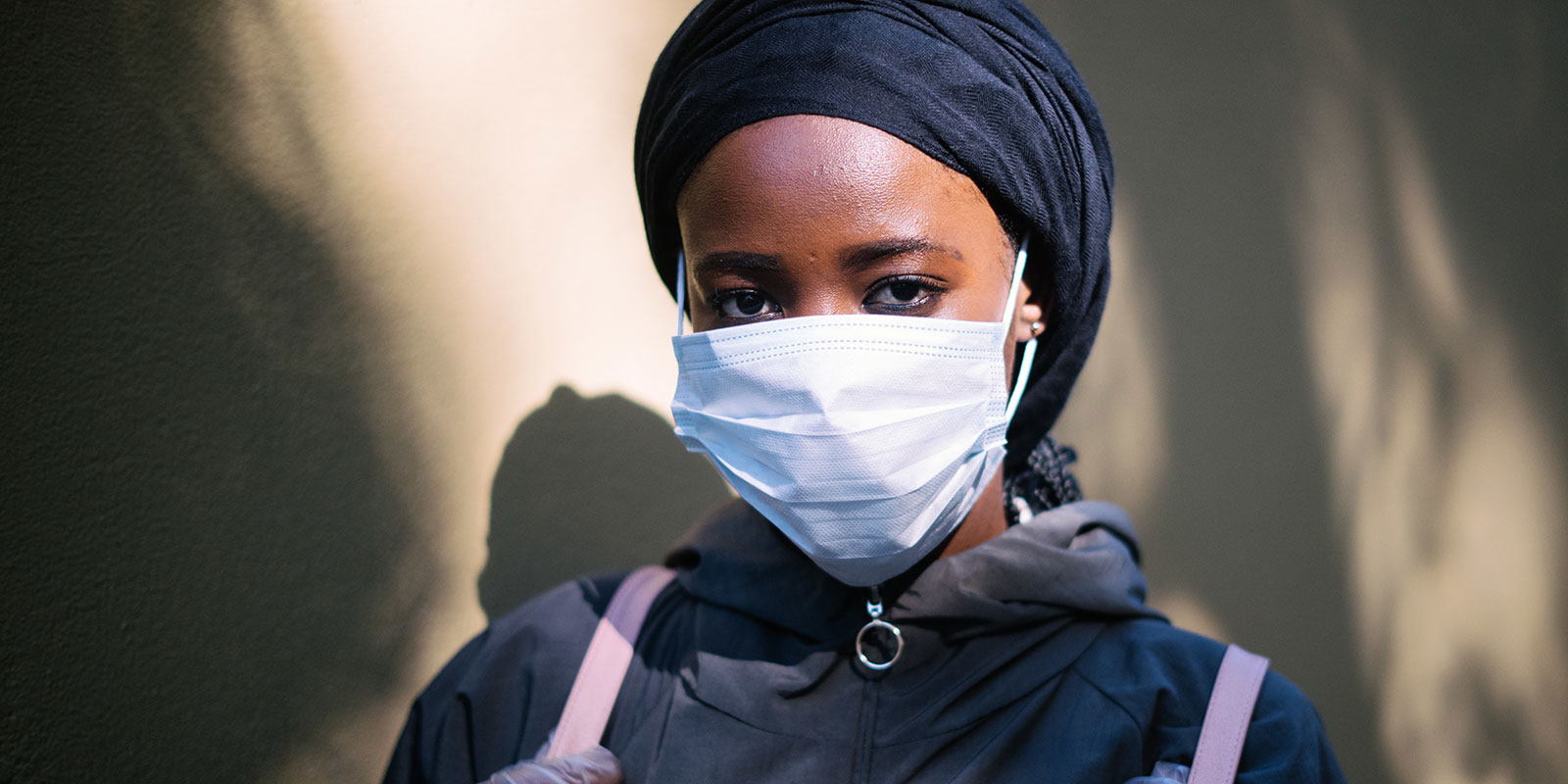Even before the advent of the COVID-19 pandemic, economic and livelihood opportunities for young people were being impacted upon by major transformations and a growing skills gap, with economies moving increasingly towards automation and digitalisation. The pandemic has thus further exposed and exacerbated the already-prevailing structural challenges confronting the world’s youth. The spread of COVID-19 and the measures taken to stem the pandemic have led to unprecedented social, political and economic challenges that will increase poverty, unemployment and inequality, impacting young people disproportionately. This is particularly the case in Africa, which has the youngest population in the world (453 million 15–35-year-olds in 2018). According to the World Economic Forum, 19 of the world’s 20 countries with the most youthful populations are in Africa. Consequently, the impact of COVID-19 is more than likely going to aggravate existing fragilities and conflicts and may generate new ones – and therefore, strengthening youth resilience and including young people in COVID-19 responses have become urgent necessities.
COVID-19 has shown that young people are not only resilient but also resourceful, regardless of the odds that they are up against.
Tweet
The outbreak of the pandemic, especially in Africa, has been matched by an increase in solidarity and more online engagements across the continent among young people. The youth have contributed to efforts to curb and contain the spread of the virus – for example, by disseminating information, creating spaces for peer-to-peer mental health assistance and advice, and information-sharing on upskilling opportunities available during the lockdown periods. Their activities have also involved creating spaces for dialogue using various online platforms, and some have focused on providing support to the elderly and other vulnerable groups, combating stigma, discrimination and fake news. Technology and the new ‘virtual norm’ have facilitated the surge of many youth organisations to work smarter at mobilising each other and working together across various countries and regions in Africa.
Tackling the crisis with young people as strategic partners is ultimately important for COVID-19 recovery. The youth constitute a crucial asset that is not only worth capitalising and investing in, but that also presents opportunities and opens doors to an unmatched multiplier effect. To successfully respond to this crisis and ‘build back better’ for the long term, African leaders must partner strategically with the youth to leverage their innovation, creative ideas, labour and resourcefulness. Governments and policymakers have the opportunity to harness young people’s sense of agency by engaging them in the formulation, co-creation and/or implementation of policy responses and recovery plans.
The COVID-19 crisis has proven that youth workers and youth-led and youth-focused organisations, as well as non-organised youth, can be partners in providing support to people’s well-being, particularly for vulnerable groups and for people who are unlikely to be aware of relevant government services and support. Governments need to capture, retain and build on this ability of young people to mobilise to strengthen society’s resilience and readiness for future shocks. The use of mechanisms such as intergenerational dialogues can be tapped into more, or used by governments to increase and enhance the inclusion of young people in decision-making beyond being focused on COVID-19-related responses. Going forward, such mechanisms can be used for the inclusion of youth in all contexts.
The pandemic has revealed what some already knew: that young people are not only resilient but also resourceful, regardless of the odds that they are up against. Throughout Africa’s history, young people have demonstrated that they are ready to take positions of leadership and offer insightful and meaningful contributions to complex policy problems. And some of the responses to COVID-19 havedemonstrated the capability of African youth to innovate in the face of a crisis. Community-based responses are an important part of the fight against COVID-19, and this is where many young people have emerged not only as frontline responders but also leaders. Young people’s ability to come up with inventive solutions, and their capability to inspire and empower, needs to be tapped into for the creation of resilient communities. It is therefore crucial to place young people at the centre of COVID-19 responses and processes for COVID-19 recovery and beyond.
Sibusisiwe Nkosi joined ACCORD in June 2014, and until recently, she was the Programme Officer within the Peacekeeping Unit.

